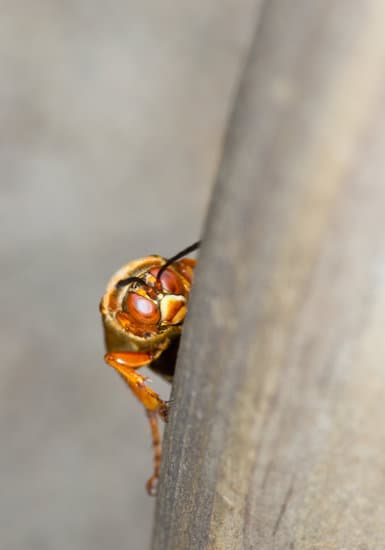How Can Wasps Cause Skin Irritation?
Unlike bees, wasps do not usually leave their stinger in the skin after they sting. However, when you get a sting from a wasp, you may experience pain and swelling.
If you get a wasp sting, you should wash the sting area with water and apply a cold compress. You can also use over-the-counter painkillers such as ibuprofen to reduce the pain and swelling. You should also talk to a healthcare provider about your reaction.
If you are experiencing a severe allergic reaction to a wasp sting, you should seek immediate medical attention. This type of reaction can be life-threatening. Your healthcare provider may recommend an epinephrine auto-injector.
You should always carry two epinephrine auto-injectors with you. They should be kept in a place where they can be easily accessible. You should also carry a medical alert bracelet. If you have a severe allergic reaction to a wasp or other insect, you should notify your field crew.
You can also call Poison Control. If you’re at home, you can also use over-the-counter antihistamines or topical creams.
If you’re experiencing a severe allergic reaction, your healthcare provider may recommend you undergo an allergy skin test or blood test. These tests will detect venom-specific IgE antibodies. Symptoms of a systemic allergic reaction include widespread hives and wheezing. You should also have difficulty breathing and a swollen throat.
If you’re experiencing a more severe allergic reaction, your healthcare provider may recommend a treatment called Venom Immunotherapy. This treatment involves a series of regular, low-dose exposures to wasp (hymenoptera) venom. This can help desensitize your immune system and reduce the risk of severe allergic reactions in the future.








